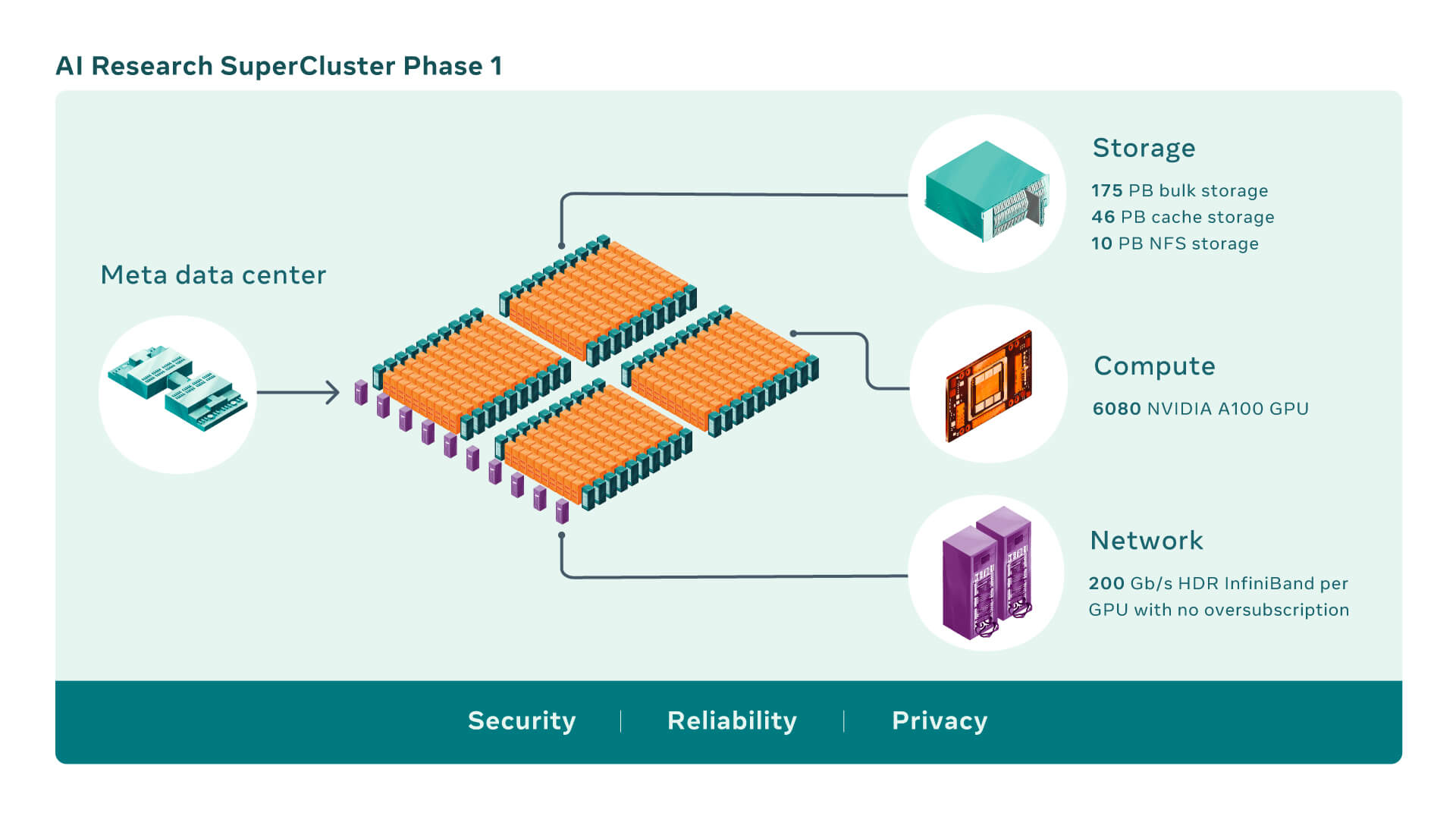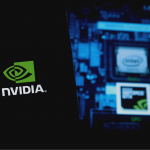Facebook parent Meta develops the “world’s fastest” AI supercomputer

- The high-speed computer is designed specifically to train machine learning systems, according to Facebook-owned Meta
- RSC will be used to train a range of systems across Meta’s businesses
- As expected, it will also be used to design experiences for the metaverse
In a 2016 investors call, Facebook founder and CEO Mark Zuckerberg spoke about his astonishment over artificial intelligence (AI). He believed the best thing that Facebook could focus on with AI is “building computer services that have better perception than people”. Six years later, FB parent company Meta did exactly that — designed and built its first AI supercomputer.
For context, Zuckerberg has long believed that artificial intelligence is the best bet to help Facebook with the difficult task of moderating posts from its billions of users. Therefore the announcement of Meta building an AI supercomputer didn’t come off as a surprise. This is especially given the fact that Zuckerberg has big dreams for his virtual space — the metaverse.
The AI supercomputer by Meta is known as the AI Research SuperCluster (RSC) — which the company believes is among the fastest AI supercomputers running today. Expected to be fully built out by mid-2022, Meta’s technical program manager Kevin Lee, in a blog post said is certain that it “will be the fastest AI supercomputer in the world” by then.
To recall, Meta’s commitment to long-term investment in AI can be traced back to 2013, when the company created the Facebook AI Research lab. “In recent years, we’ve made significant strides in AI thanks to our leadership in a number of areas, including self-supervised learning, where algorithms can learn from vast numbers of unlabeled examples, and transformers, which allow AI models to reason more effectively by focusing on certain areas of their input,” Lee said.
Everything we know about RSC by Facebook, Meta
Meta is announcing the AI Research SuperCluster (RSC), our latest AI supercomputer 💻 for AI research. RSC will allow our researchers to do new, groundbreaking experiments in #AI. Learn more about RSC and the important role it will play: https://t.co/l9CcQuFLyM pic.twitter.com/gD8Ve74ZqQ
— Meta AI (@MetaAI) January 24, 2022
As Meta puts it, developing the next generation of advanced AI will require powerful new computers capable of quintillions of operations per second. “Our researchers have already started using RSC to train large models in natural language processing (NLP) and computer vision for research, with the aim of one-day training models with trillions of parameters,” Lee said.
Basically, RSC will help Meta’s AI researchers “build new and better AI models that can learn from trillions of examples; work across hundreds of different languages; seamlessly analyze text, images, and video together; develop new augmented reality tools; and much more,” Lee said in the same blog posting.
Lee also hopes RSC will help them build entirely new AI systems that can, for example, “power real-time voice translations to large groups of people, each speaking a different language, so they can seamlessly collaborate on a research project or play an AR game together”. Ultimately, for Meta, the work done with RSC will pave the way toward building technologies for the next major computing platform that the company betting hugely on — the metaverse.

AI Research SuperCluster Phase One. Source: Meta
Currently, according to Facebook parent Meta, RSC is up and running, but its development is ongoing. Once phase two of building out RSC is completed, the company believes it will be the fastest AI supercomputer in the world, performing at nearly five exaflops of mixed precision computer.
“Through 2022, we’ll work to increase the number of GPUs from 6,080 to 16,000, which will increase AI training performance by more than 2.5x. The InfiniBand fabric will expand to support 16,000 ports in a two-layer topology with no oversubscription. The storage system will have a target delivery bandwidth of 16 TB/s and exabyte-scale capacity to meet increased demand,” Lee added.
Pure Storage: Powering the “world’s fastest supercomputer”
Inevitably, the technologies powering the metaverse will require massively powerful computing solutions capable of instantly analyzing ever-increasing amounts of data. That said, following Meta’s announcement, Pure Storage also announced its role in Meta’s new RSC — a storage partner that provides scalable storage capabilities to power the supercomputer.
In a statement to media, the company said it has been a long-time technology provider for Meta, helping to design the first generation of Meta’s AI research infrastructure in 2017. “Since then, Meta has continued to partner with Pure, and RSC is the latest example of how Pure is helping Meta achieve its AI research goals.”
CTO Rob Lee also noted that “Meta’s RSC is a breakthrough in supercomputing that will lead to new technologies and customer experiences enabled by AI. We are thrilled to be a part of this project and look forward to seeing the progress Meta’s AI researchers will make.”










